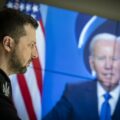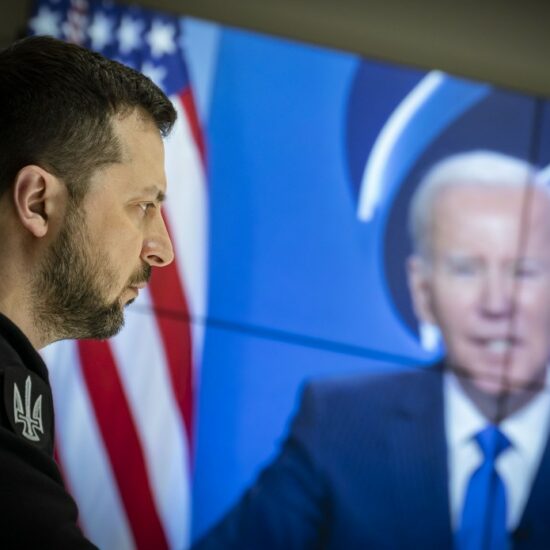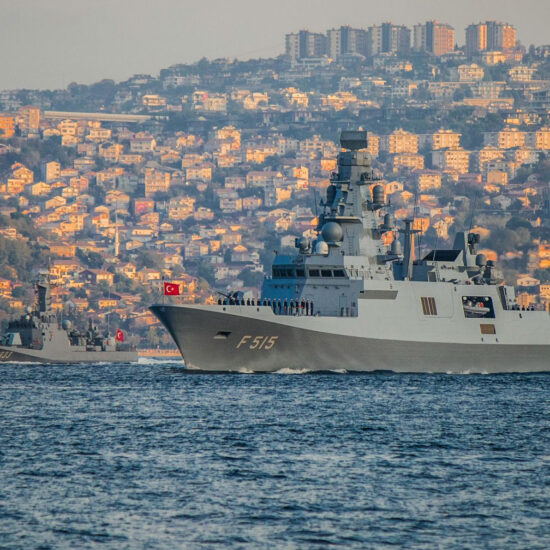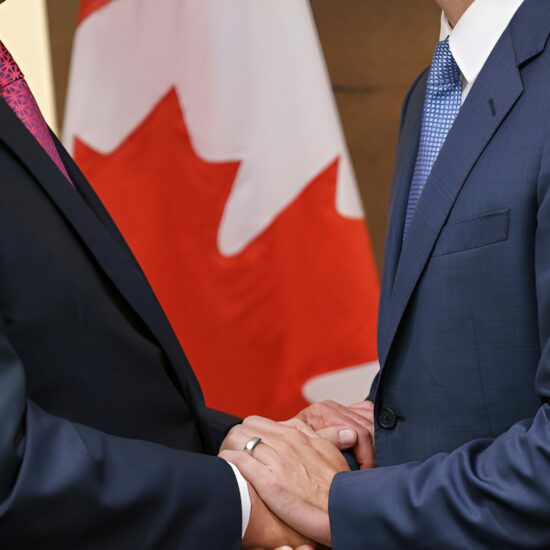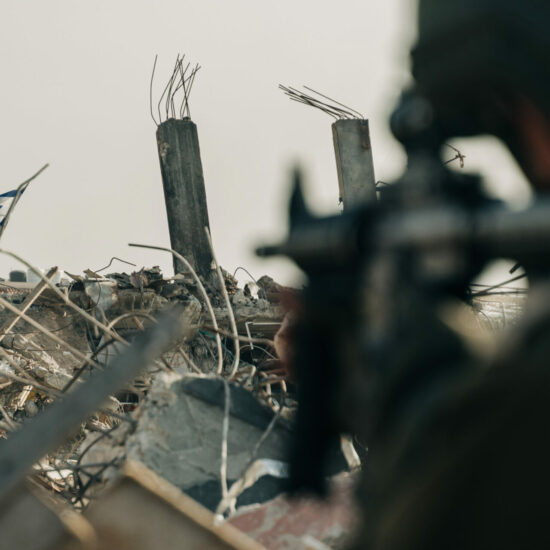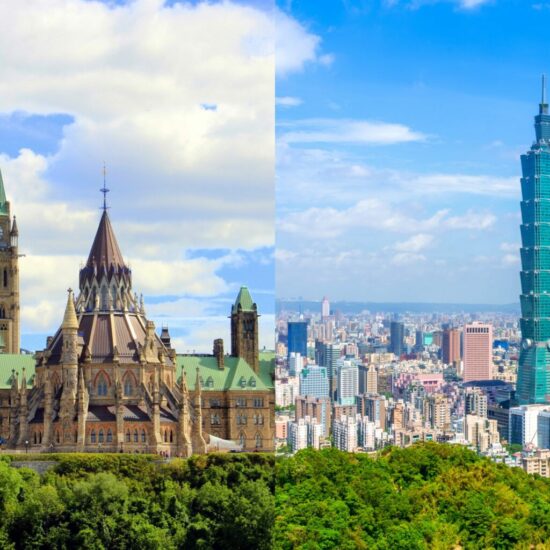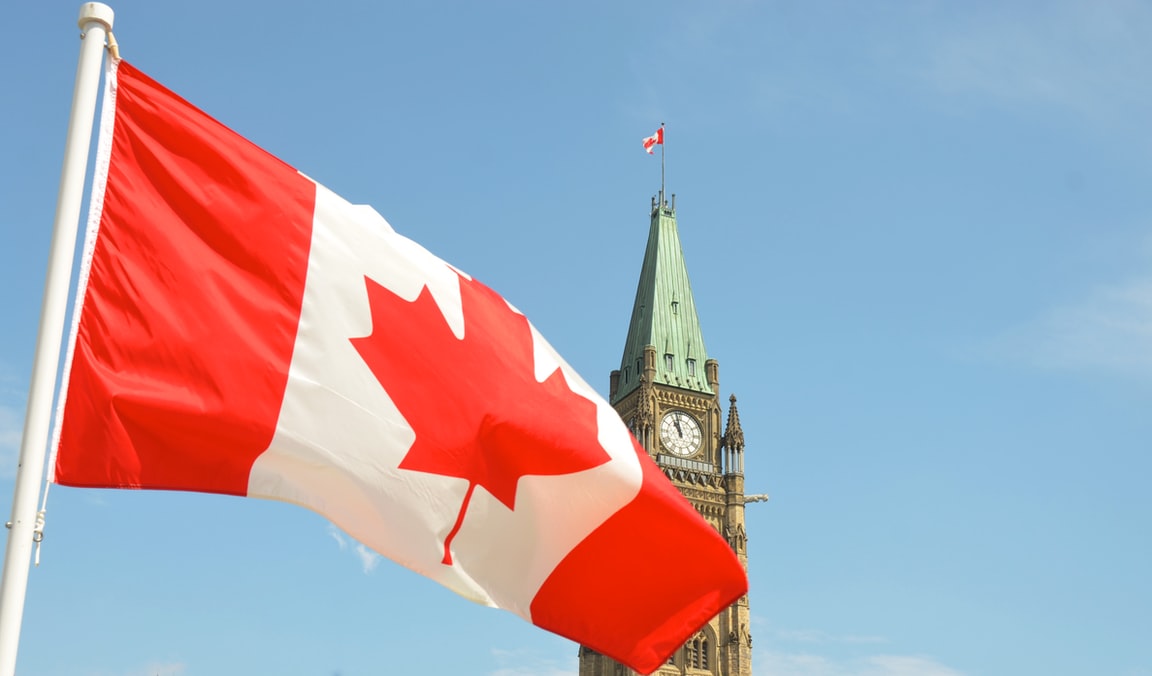
Image credit: Jason Hafso
What are Canada’s interests in a shifting international order? This question presents two layers of difficulty.
First, it requires that Canada think systematically and strategically about the scope of its core interests on the world stage, how to prioritize those goals, and how to achieve them. A laundry list of varied, disconnected wants is insufficient. In other words, what is needed is not just new policy but rather an overarching policy paradigm. For a country whose political class has grown more accustomed to speaking about values than interests, this may prove especially challenging.
Second, it necessitates a firm grasp of the features of the emerging international order (or disorder). These, however, are not yet entirely apparent. As the University of Ottawa’s Roland Paris has argued, today’s world is “returning to normal” compared to the hyper-liberalism and unipolarity of the 1990s, but also boasts a distribution of liberal democracies that – despite challenges – remains widespread by historical standards.
Given this level of uncertainty and complexity, the most prudent course of action would intuitively be to maximize the array of one’s policy options. Unfortunately, Canada is entering this period of global transition with its relations with several leading global powers in tatters. Ottawa has also lost two consecutive bids – one decade apart – for a seat on the UN Security Council under governments of different stripes. Under these circumstances, it is unclear whether Canada can play a substantive role in shaping the rules and parameters of the fledgling order, or whether it will be forced to define its interests more narrowly and pursue more limited goals. The time has come for Canada to decide definitively what sort of power it wants to be.
A frequent criticism leveled since the turn of the millennium is that Canadian foreign policy has become too “values-centric” and overly focused on “megaphone diplomacy”. This could owe itself to Canada’s overdependence on the United States in a post-Cold War era that has featured continental free trade and an ever-expanding “liberal international order”. Moreover, the decline of national unity debates since the passage of the Clarity Act may have led to intellectual complacency concerning the nature of the Canadian project and its role in the world. However, Canada now faces a challenge of an entirely different order: a shifting global balance of power. Unlike Canada-U.S. relations or domestic debates, this is a structural challenge whose dynamics lie outside of Canada’s control.
As the Balsillie School’s Ann Fitz-Gerald argued last week during an event hosted by IPD, Ottawa’s core interest during the Cold War lay in preventing a clash between the U.S. and the USSR. Given that Canada could not directly guarantee this due its limited power, it focused instead on attempting to de-escalate tensions elsewhere, such as through peacekeeping. For decades, multilateralism provided Canada with an avenue through which to shape global order. However, the world’s multilateral fabric is now growing increasingly fragmented and decentred, requiring more flexible coalitions between states to remain robust. The scope for Canadian impact on global affairs has therefore potentially narrowed, even as the question of where Canada should precisely focus its efforts is becoming more complex.
Intellectual deliberations within Canada had a global impact as recently as two decades ago, including the birth of the International Criminal Court and the development of the Responsibility to Protect doctrine. Yet the international system has undergone a profound transformation in the intervening years. The 2003 Iraq war and 2011 NATO intervention in Libya cast doubt on the ability of the hegemonic West to exercise restraint and play by international rules. Meanwhile, the 2008 financial crisis both emboldened China and fostered distrust in public institutions in Western societies. As the University of Calgary’s Jean-Christophe Boucher noted during IPD’s recent panel discussion, a simple return to the internationalism of the past is no longer possible, but nor is the status quo in Canadian foreign policy tenable.
These circumstances appear to demand a fundamental re-evaluation of Canada’s foreign policy. Yet resistance to this idea strangely persists in Ottawa, despite no formal foreign policy review having been conducted since 2005. In fact, despite vocal disagreements between the Liberal and Conservative parties on issues such as the United Nations and China, there has been a notable consistency in Canadian foreign policy this millennium regardless of which party is in power.
At our event, the Canadian International Council’s Chris Kilford stressed that both Liberal and Tory governments in recent decades have presided over low levels of defence spending, similar framings of Canada’s defence outlook, and a general shift away from peacekeeping toward greater emphasis on NATO. Similarly, IPD advisory board member Jocelyn Coulon asserted that the Trudeau government has attempted to re-embrace internationalism without verily departing from Stephen Harper’s policies. Nor has it helped that Canada’s two most recent prime ministers possessed no experience in government and the traditional levers of Canadian statecraft before earning the top job. Sharp differences in partisan rhetoric, paired with relative consistency in policy outcomes, together present the worst of both worlds: a failure to project an image of reliability to other countries and a failure to adapt to novel international circumstances.
The reality is that the core pillars that guided Canadian foreign policy throughout the second half of the 20th century are no longer present in today’s world. A special relationship with Washington and reliable access to the U.S. market can no longer be taken for granted. Multilateralism is, if not in crisis, then at least in a period of profound transition. And not only will Atlanticism lose its relative importance as the global distribution of power shifts eastward, it has also become an uncertain means of constraining American unilateralism in an era that features an increasingly zero-sum great power rivalry.
Canada will need to face up to this new world with intellectual clarity. It must soberly assess the extent to which developments in distant yet adjacent geographic theatres, such as Europe and Asia, genuinely affect its national security and prosperity. If it determines that the impact of such developments is minimal in relative terms, then Canada should abandon its outdated rhetoric of being a “leading middle power” that “punches above its weight” and content itself with the security provided by vassal status. Ottawa could retain an independent trade policy but would cease its efforts to conduct an independent foreign policy, which in many ways now differs from U.S. foreign policy more symbolically than substantively. Canada would continue to police the North American continent to the minimal extent necessary to ensure its formal independence from a southern neighbour that views continental defence and its national security as synonymous. Such a strategy would align well with a post-hegemonic world in which local actors are increasingly assuming responsibility for managing their own regional affairs.
Alternatively, if Canada’s leadership decides that its security interests do not stop at the water’s edge, then it must develop a bipartisan, long-term strategy that lays out which national resources will be developed or deployed in the name of pursuing those interests. This must be accompanied by a conceptual framework that explains how Canada’s varied interests across different regional theatres can be coalesced into a coherent national strategic posture.
Although technically a member of the G7, it is difficult to argue that Canada is as geopolitically prominent a country as France, Germany or Japan in today’s world. In part due to its underinvestment in Asia in a decade where the Sino-American rivalry will take centre stage, it may already be too late for Canada to play a substantive role in shaping global order over the medium term. But as a country with a growing population and a proud history of international engagement, Canada cannot avoid asking itself what kind of international actor it wants to be as this century unfolds. Does it genuinely want to – or even need to – work hard to regain middle power status at a time when global power is becoming increasingly diffuse, or can it be content with the real-world and psychological consequences of possessing more limited ambitions?
Dr. Zachary Paikin (@zpaikin) is a Nonresident Research Fellow with the Institute for Peace & Diplomacy and a Researcher at the Centre for European Policy Studies in Brussels (CEPS).

